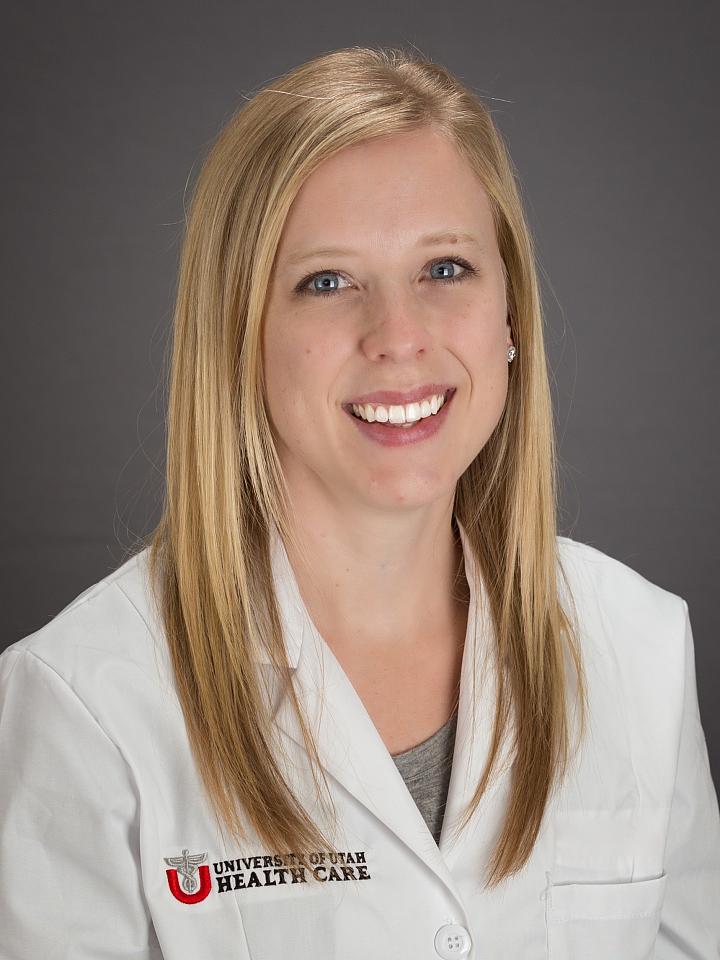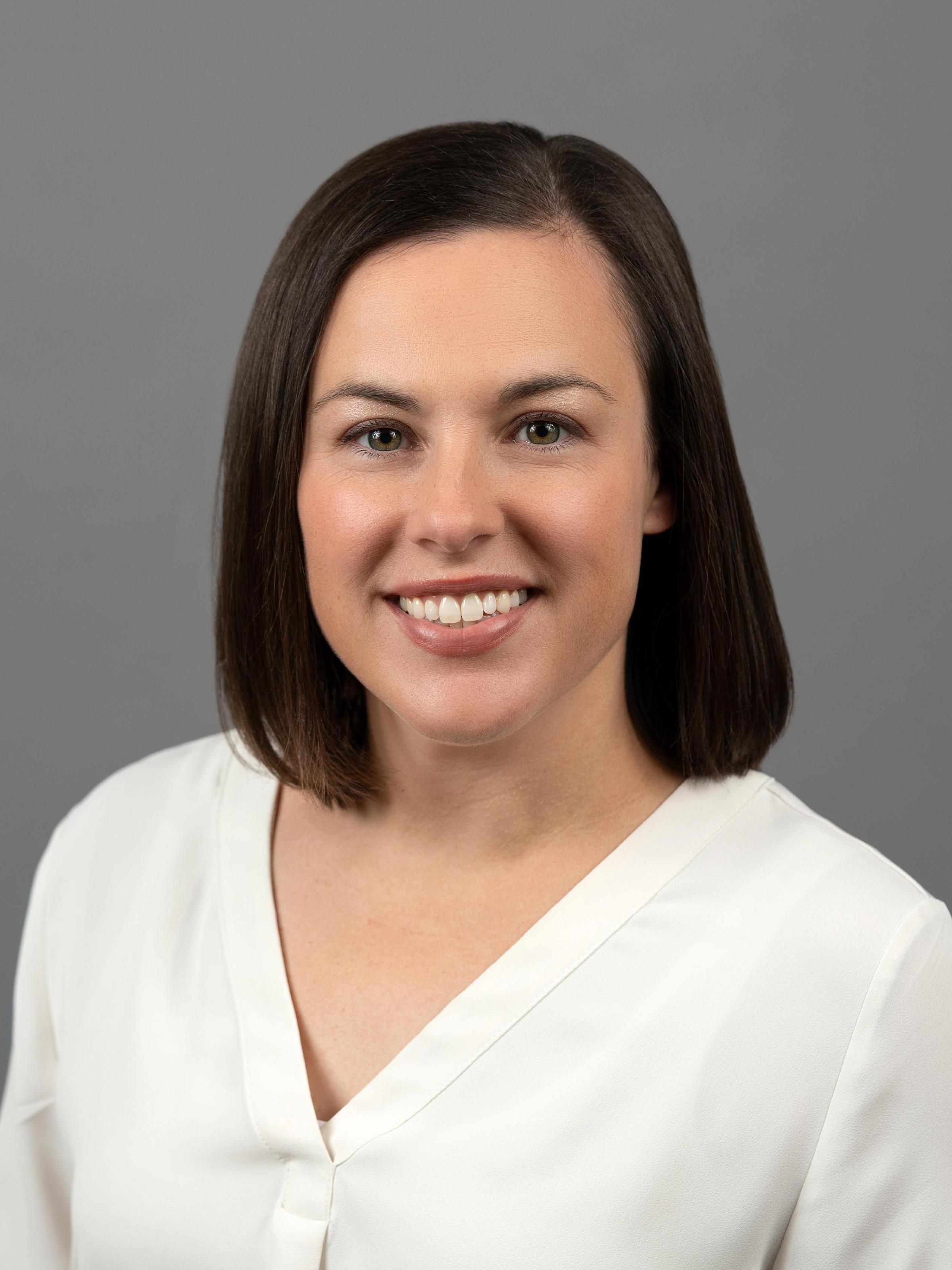
Didactics
Residents have protected didactic time on Thursday afternoons, consisting of several consecutive learning session/conferences, including:
- Morbidity and mortality conference. This conference alternates between obstetrics and gynecology, with dedicated faculty moderators who focus on medical decision-making in complicated cases presented by the senior resident on each service.
- Weekly didactic teaching. This is a structured teaching session each week with topics mapping to the CREOG Learning Objectives such that all learning objectives are covered within a 2-year cycle, as shown below.
- Grand Rounds
- Additional sessions encompassing advocacy, residents as teachers, well-being, and research.
Didactic topics for 2024-2025 (“B” topics)
|
Obstetrics |
Gynecology |
|
|
|
|
|
|
|
|
|
|
|
|
|
|
|
|
|
|
|
|
|
|
|
|
|
|
|
|
|
|
|
|
Didactic topics for 2023-2024 (“A” topics)
|
Obstetrics |
Gynecology |
|
|
|
|
|
|
|
|
|
|
|
|
|
|
|
|
|
|
|
|
|
|
|
|
|
|
|
|
|
|
|
|
|
|
|
|
|
|
|
|
|
|
|
|
|
|
|
Contact Us

Natalie Moore

Tasha Marcus

Abby Watson, MD

Susan Dalton, MD

